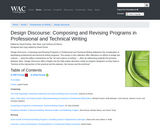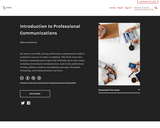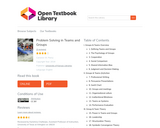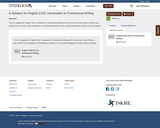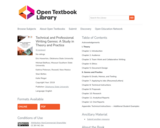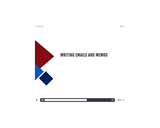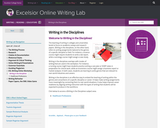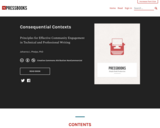
This text was written to support students enrolled in English 402 at WSU Vancouver. However, any student participating in a community engaged course, especially those in technical and/or professional communication may find the content helpful.
CHAPTER 1: DEFINING COMMUNITY ENGAGEMENT in the TECHNICAL WRITING CLASSROOM
1.1: Brief History of Community Engagement as a Teaching and Learning Practice
1.2 Community Engagement in Technical Communication Courses
1.3 Community Building and the Land Grant Mission
1.4 Evidence of Efficacy
1.5 Key Terms
I. CHAPTER 2: GETTING STARTED ON YOUR PROJECT
Chapter Two: COLLABORATIVE CONSTRUCTION
2.1 Understanding Organization Priorities
2.2 Constructing a Learning Environment
2.3 Using Design Thinking and UX Principles in the Work
2.4 Cultural Competency- University Community Members as Guests
II. CHAPTER 3: CONSEQUENTIAL CONTEXTS
Chapter 3: CONSEQUENTIAL CONTEXTS
3.1 Identifying the Rhetorical Context
3.2 Identifying and Deploying a Methodology for the Work
3.3 Consequences of Unanticipated Events
3.4 Delivering the Final Materials
III. CHAPTER 4: STAYING IN TOUCH
Chapter 4: STAYING IN TOUCH
4.1 Reflection
4.2 Continued Engagement: References, Background Checks, and Volunteering
- Subject:
- Composition and Rhetoric
- Literature and Composition
- Material Type:
- Textbook
- Author:
- Johanna L. Phelps
- Date Added:
- 01/19/2021
